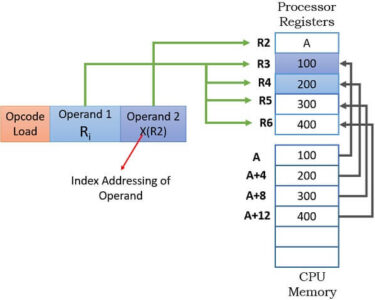SMS Fraud Targeting Credit Card Transaction Confirmation
Introduction:
SMS fraud, a malicious practice involving fraudulent messages, has emerged as a significant threat to online financial transactions. In particular, attackers have targeted credit card transaction confirmation messages, leading to unauthorized purchases and financial losses for victims.
How the Fraud Works:
Fraudsters use various methods to initiate SMS fraud:
- SIM Card Swapping: Victims’ mobile phone numbers are hijacked by swapping their SIM cards with fraudulent ones. This allows attackers to receive all SMS messages, including transaction confirmation codes.
- Malware Installation: Malicious software (malware) can be installed on victims’ smartphones, intercepting SMS messages and stealing sensitive information.
- Phishing Attacks: Victims receive phishing messages that appear to come from legitimate institutions, prompting them to provide confidential information, such as credit card details and transaction confirmation codes.
Consequences of SMS Fraud:
SMS fraud can have severe consequences for victims, including:
- Unauthorized Transactions: Attackers can use stolen transaction confirmation codes to authorize fraudulent purchases on victims’ credit cards.
- Financial Losses: Victims may incur significant financial losses as they are held responsible for fraudulent charges.
- Identity Theft: Stolen personal information can be used to open new credit accounts or commit other fraudulent activities.
Prevention Measures:
To mitigate the risk of SMS fraud, individuals should take the following precautions:
- Protect Your Phone: Use a strong password or PIN to secure your mobile phone and keep it updated with the latest security patches.
- Be Wary of Suspicious Messages: Avoid clicking links or responding to messages from unknown senders.
- Confirm Transactions Directly: Contact your bank or credit card provider directly to verify any transaction confirmation messages received via SMS.
- Use Strong Passwords: Create complex passwords for your online banking accounts and change them regularly.
- Enable Multi-Factor Authentication: Set up multi-factor authentication (MFA) on your financial accounts to provide an additional layer of security.
Reporting Fraud:
If you suspect that you have been a victim of SMS fraud, take the following steps:
- Contact Your Bank: Immediately contact your bank or credit card provider to report the fraudulent transactions and freeze your account.
- File a Police Report: File a police report to document the fraud and provide evidence for potential legal action.
- Report to Your Wireless Carrier: Report the fraud to your wireless carrier so they can investigate and prevent similar incidents in the future.
Conclusion:
SMS fraud is a serious threat to online financial transactions, particularly credit card payments. By adopting proactive prevention measures and reporting suspicious activity, individuals can minimize their vulnerability to this type of fraud and protect their financial security.


